On a recent trip to Turku, I visited the Turku Book Café, which is located on the Old Great Square and has remained “a bastion of counterculture since 1981”. Today, the Book Café offers a delicious vegan lunch every day and hosts a variety of events that promote a sustainable future. Reading circles take a close look at the latest in literature and films are shown to see what ails the world. The Book Café is run by a co-operative, whose purpose is not to make a profit, but rather provide a foundation for enriching cultural activities.
The Book Café is part of the Solidarity Economy network, which aims to bring together those wanting to create a fairer, more sustainable and more democratic economy. The network contributes to building an international solidarity economy, in which practical alternatives based on the needs of people are created as an alternative to the for-profit mainstream economy. In practice, the solidarity economy is already taking shape in the form of co-operatives, social enterprises, time banks and eco-villages, which are being founded all over the world.
The solidarity economy is also taking root in Finland in, for example, the Oma Maa Food Co-operative, which grows food on a farm in Tuusula in accordance with the Community Supported Agriculture idea. Indeed, even many of my own friends are producer-members in the co-operative, which involves participation in the growing of food crops and picking up a harvest bag once a week. The Oma Maa Café in Kallio serves vegan lunch and hosts cultural events in the spirit of the solidarity economy.
Builders of the solidarity economy can also be found in North Karelia. Late last spring, Joensuu’s cultural co-operative Laituri opened its Culture Café Laituri in an old rail yard building. Through its activities, the co-operative aims to promote “common wealth as an alternative to capitalism and in accordance with the principles of co-operation, ethics, ecological sustainability and the needs of suppliers and actors.” Volunteers bake vegan goods and organise art exhibitions at the café. The idea of the café is to bring together people who are interested in an open cultural environment and building a more sustainable society.
So, steps are being taken through the solidarity economy towards achieving sustainability. Cafés serving vegan food, open cultural activities and the growing of organic produce are proof positive that sustainability isn’t just some governmental jargon or corporate responsibility slogan. Sustainability is promoted in a concrete way, consciously and ambitiously in co-operatives and volunteer networks founded by actively involved people.
All too often, however, such ambitious undertakings begin to wane, when builders of the solidarity economy are forced to compete for the time of people bound by the strictures of wage labour. The solidarity economy might also be threatened by regulations that aim to increase economic growth, such as market-based rental costs or a general lack of financial resources. In order to strengthen the solidarity economy, we urgently need institutional changes such as basic income and the restructuring of financial system.
For more on the sustainable economy, read Talous kasvun jälkeen (Economy After Growth, available in Finnish only), which I co-authored with Maria Joutsenvirta, Kristoffer Wilén and Marko Ulvila.
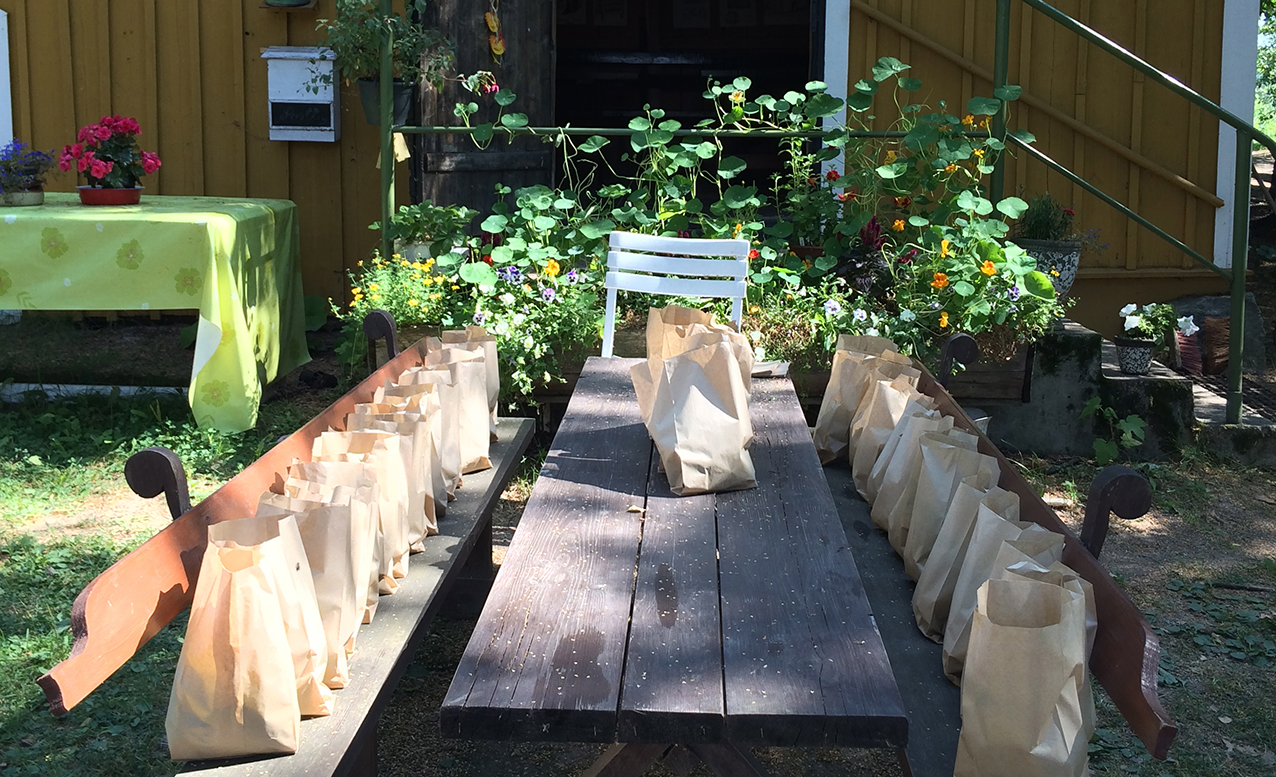



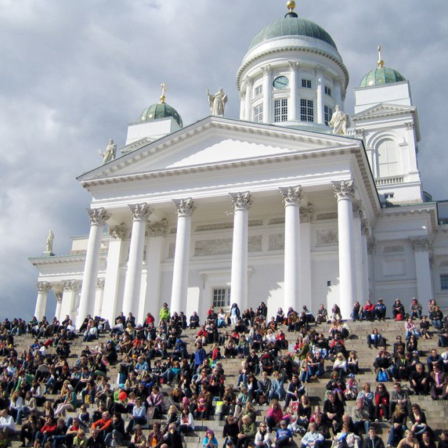
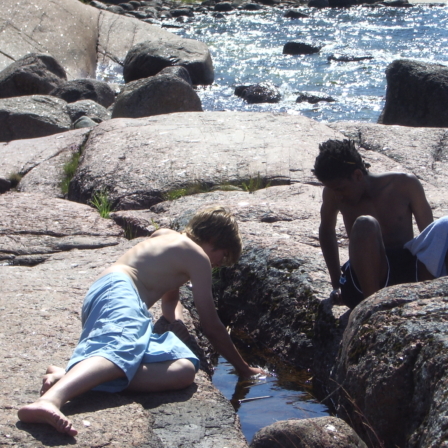











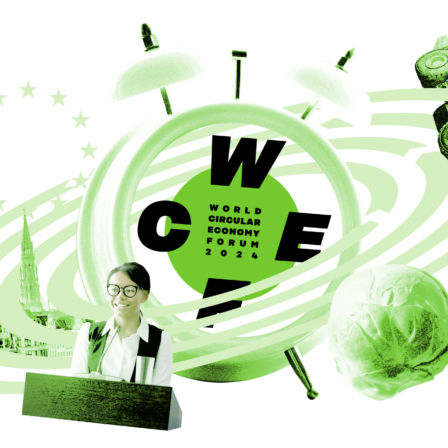
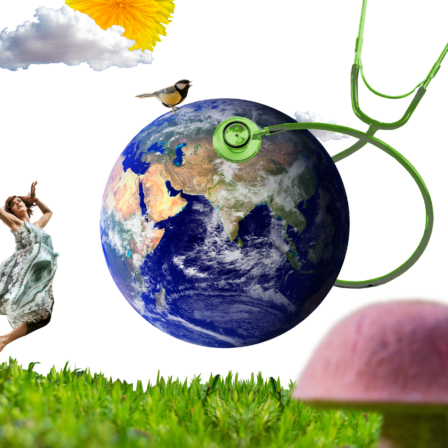

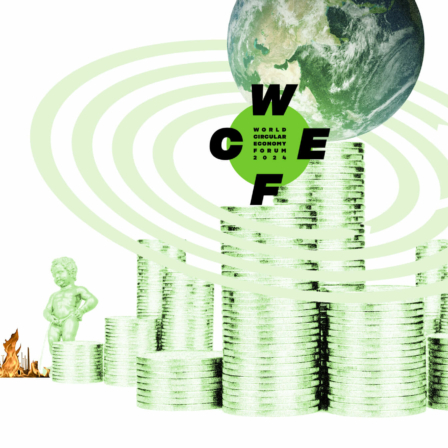
Recommended